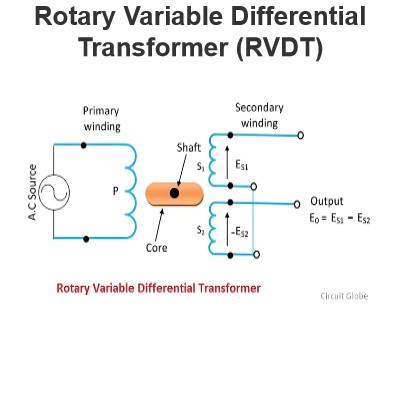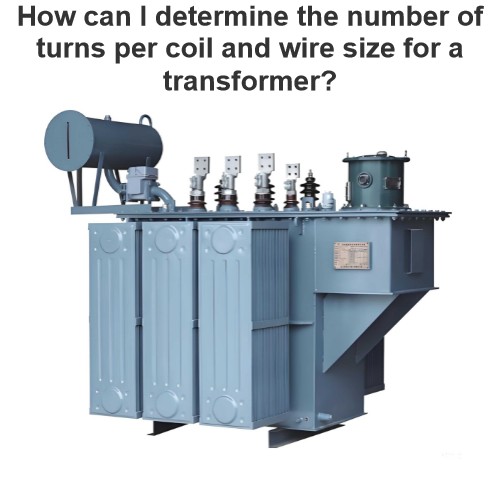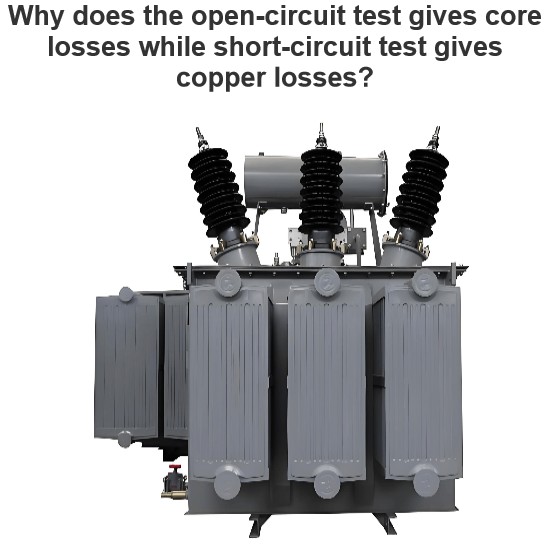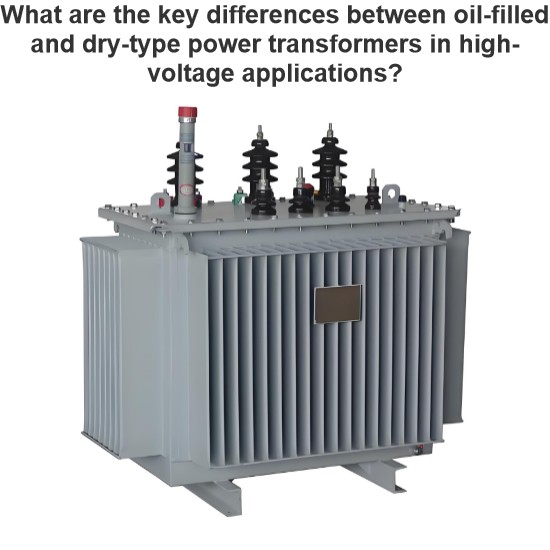What are the typical common problems associated with a diesel engine generator?
Diesel generators are commonly used in various applications, but due to their complex mechanical and electrical systems, they can encounter a variety of issues. The following are some common problems associated with diesel generators and their causes:
1. Starting Problems
Battery Issues: Insufficient battery charge or aging, unable to provide enough starting current.
Fuel System Issues: Faulty fuel pump, clogged fuel filter, air in the fuel line, or poor fuel quality.
Ignition System Issues: Faulty ignition coil, spark plugs, or ignition timing.
Starter Motor Issues: Faulty starter motor or loose connections.
2. Unstable Operation
Unstable Fuel Supply: Faulty fuel pump, clogged fuel filter, or fuel line leaks.
Air in the Fuel System: Air in the fuel line causing interruptions in fuel supply.
Injector Failure: Clogged or damaged injectors leading to uneven fuel injection.
Intake System Issues: Clogged air filter or intake pipe leaks.
Cooling System Issues: Clogged radiator, insufficient coolant, or faulty water pump.
3. Overheating
Cooling System Failure: Clogged radiator, insufficient coolant, faulty water pump, or fan failure.
High Ambient Temperature: Generator operating in high temperatures, leading to poor heat dissipation.
Overloading: Generator running under excessive load, causing temperature to rise.
4. Noise and Vibration
Mechanical Failures: Wear or damage to internal engine parts such as pistons, connecting rods, or crankshaft.
Loose Fasteners: Loose bolts, nuts, or other fasteners.
Imbalance: Imbalance in the engine or generator rotor.
5. Emission Problems
Poor Fuel Quality: Using low-quality or contaminated fuel, leading to incomplete combustion.
Exhaust System Issues: Clogged exhaust pipe, faulty catalytic converter, or damaged muffler.
Injection System Issues: Clogged or damaged injectors leading to incomplete combustion.
6. Electrical Issues
Generator Failure: Internal coil short-circuits or open circuits in the generator.
Voltage Regulator Failure: Faulty voltage regulator causing unstable output voltage.
Brush and Slip Ring Issues: Worn brushes or dirty slip rings causing poor contact.
7. High Fuel Consumption
Fuel System Issues: Faulty fuel pump, clogged fuel filter, or fuel line leaks.
Load Issues: Generator operating at low load for extended periods, reducing fuel efficiency.
Injector Failure: Clogged or damaged injectors leading to uneven fuel injection.
8. Starting Difficulty
Low Ambient Temperature: In cold environments, fuel viscosity increases, making starting difficult.
Preheating System Failure: Faulty preheating system making it difficult to start the engine.
Aged Battery: Battery aging, unable to provide sufficient starting current.
Solutions
Regular Maintenance: Regularly inspect and maintain the generator, including replacing fuel filters, air filters, oil, and oil filters.
Check Electrical System: Regularly inspect the electrical system to ensure all connections are tight and brushes and slip rings are clean.
Check Cooling System: Ensure the cooling system is clear, coolant levels are adequate, and the radiator is clean.
Check Fuel System: Ensure the fuel system is clear, fuel quality is good, and the fuel pump and injectors are functioning properly.
Check Mechanical Components: Regularly inspect internal engine mechanical components to ensure there is no wear or damage.
Adapt to Environment: Use preheating systems in cold environments and ensure the battery is in good condition.
By regularly maintaining and promptly addressing these issues, you can ensure the smooth operation and extend the lifespan of diesel generators.
The Electricity Encyclopedia is dedicated to accelerating the dissemination and application of electricity knowledge and adding impetus to the development and innovation of the electricity industry.




